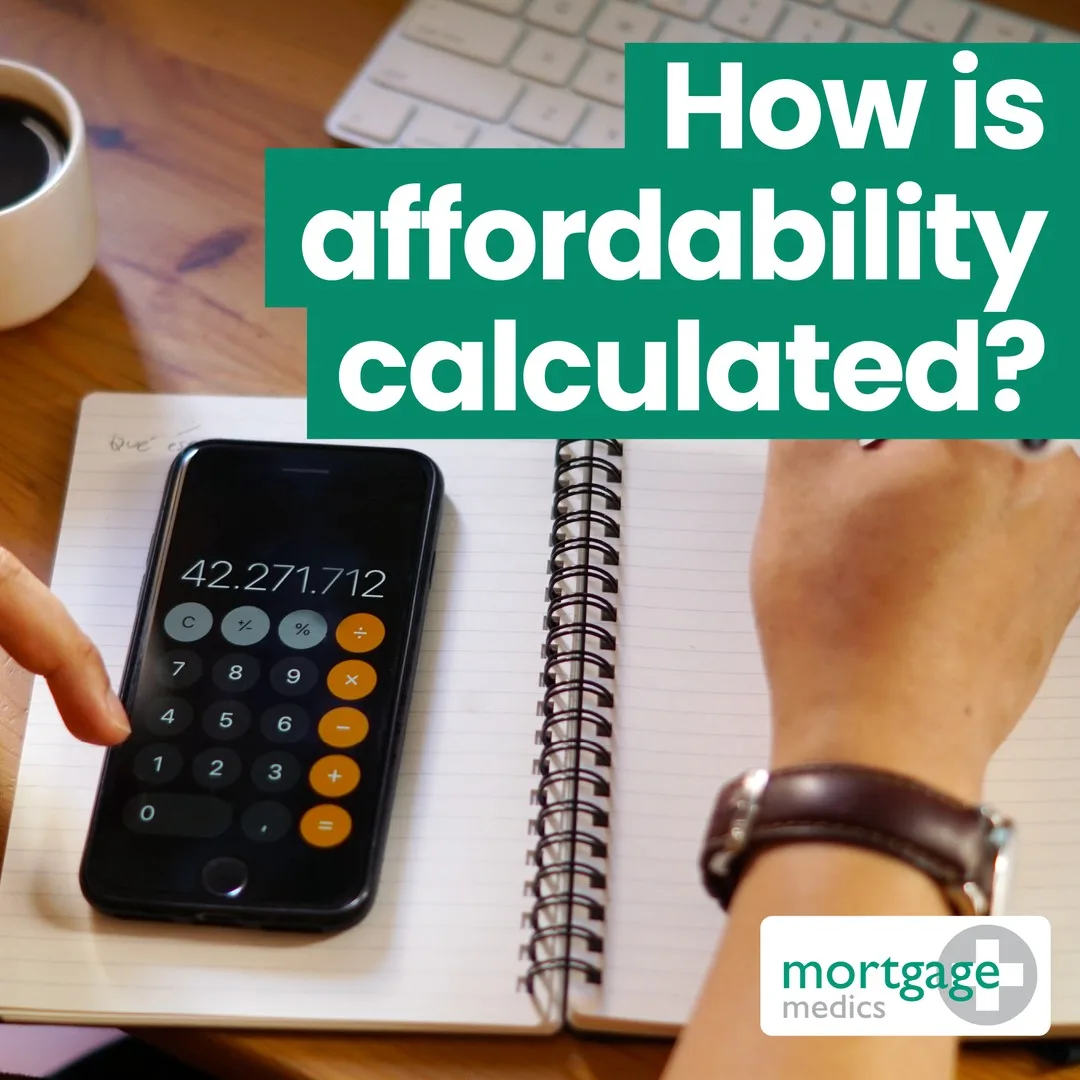








23/10/23
How does the mortgage application process work?
When you find a property you want to buy and make an offer to the seller.
If your offer is accepted, that’s great.
Then you move to the next steps, but what are they?
We will guide you through the process and what documents you will need.
You’ll need to fill out a detailed mortgage application form provided by your chosen lender. You’ll also need to provide supporting documents, which typically include:
Proof of Identity (e.g., passport, driving license)
Proof of Address (e.g., utility bill, council tax bill)
Proof of Income (usually the last three to six months’ payslips and bank statements, or self-assessment tax returns if self-employed)
Details of Your Monthly Expenses (e.g., utility bills, credit card statements, loan agreements)
Details of Your Existing Debts (e.g., outstanding loan balances)
Bank Statements (usually the last three to six months)
Employment Details (employment contract, employer’s contact information)
Proof of Deposit (bank statements showing the source of your deposit funds)
Any Additional Documentation Specific to Your Situation (e.g., proof of bonuses, rental income, child support)
The lender may arrange a valuation of the property you intend to buy to ensure it’s worth the amount you’re borrowing. You can also opt for a more comprehensive survey if desired.
The lender’s underwriter will review your application, documents, and the property’s valuation. If everything meets their criteria, they’ll approve your mortgage application.
Once approved, the lender will issue a formal mortgage offer, which you and your solicitor will receive.
Your solicitor will handle the legal aspects of the purchase, including searches, contracts, and transferring funds.
After all legal matters are resolved, you’ll exchange contracts with the seller, legally committing to the purchase.
On the agreed completion date, the mortgage funds are released to the seller, and you take possession of the property.
The exact process may vary depending on the lender, your specific circumstances, and the property purchase.
It’s essential to stay in close communication with your lender, solicitor, and estate agent throughout the process to ensure a smooth transaction. 
(Think carefully before securing debt against your home. Your property may be repossessed if you do not keep up repayments on your mortgage.
If this has got you thinking, we’d be delighted to help. Get in touch and we’ll be help you understand what’s possible, or sign up to our monthly newsletter, to keep your finger on the pulse.
Get in touch
If you’re ready, we’re ready. View our calendar to find a slot that suits you and let’s get started.
Book my meetingWhatever stage you’re at, we’ll offer sage advice. Drop us a line and someone will get right back to you.
Send my message


 Production
Production
